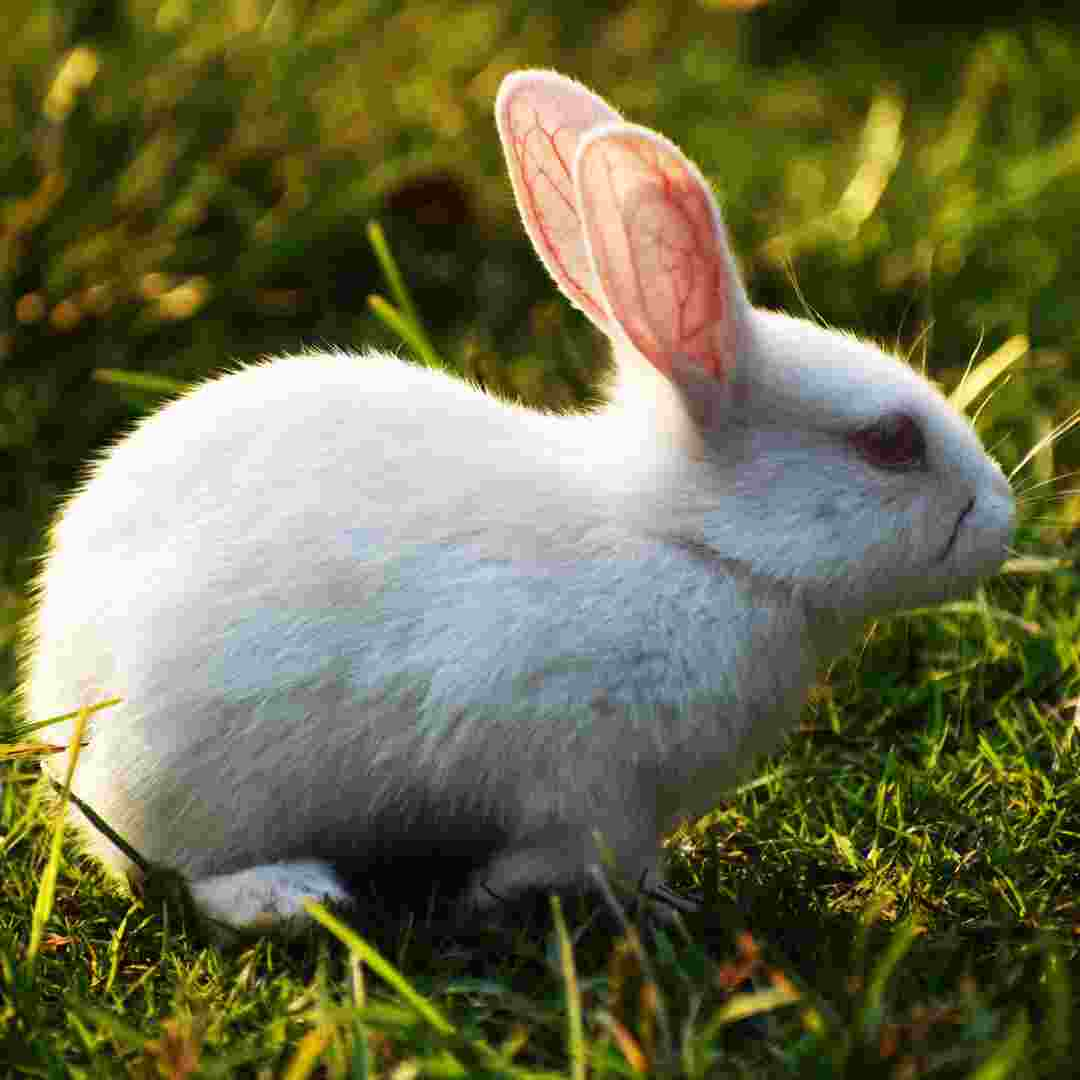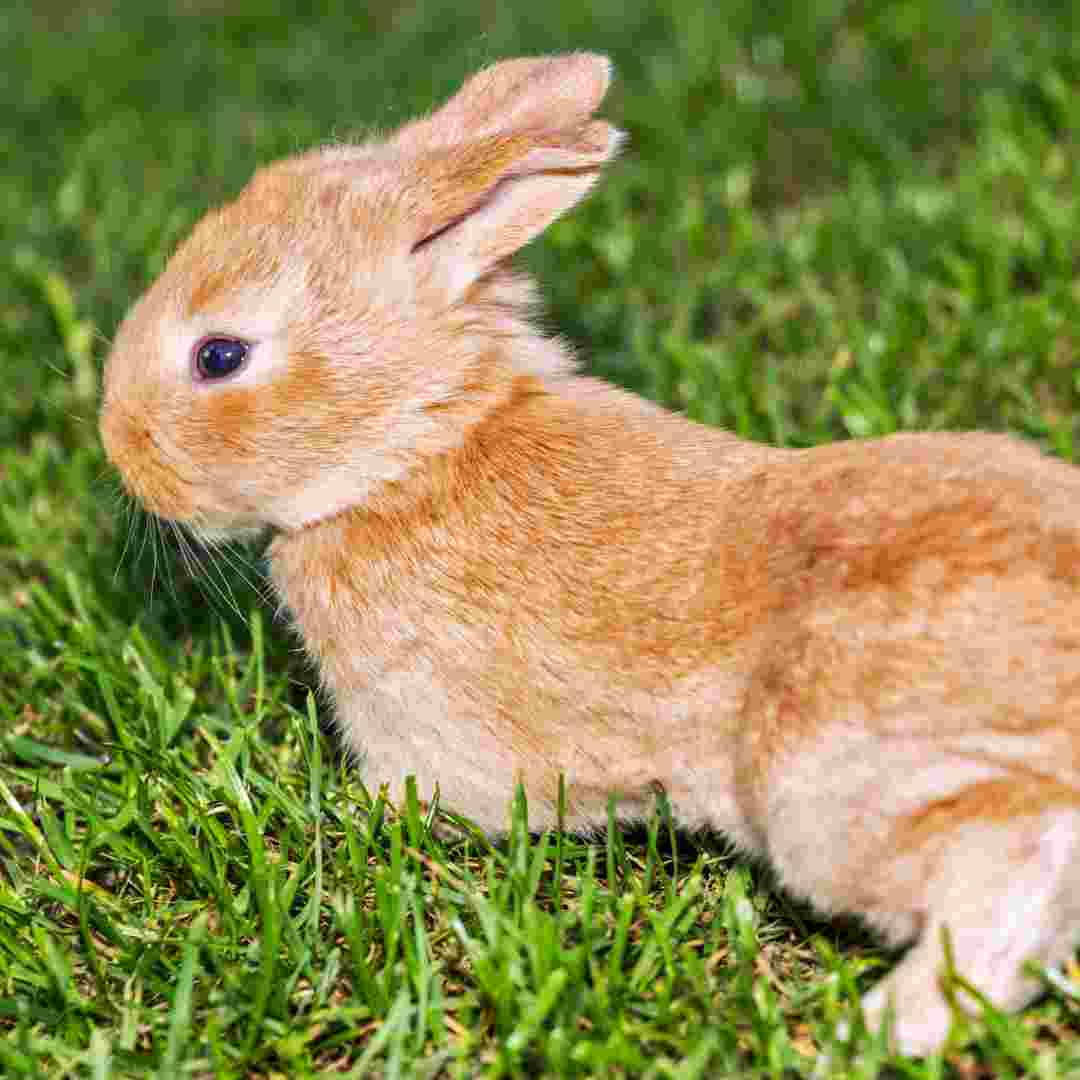Contents Table
Introduction
Exploring Rabbit Instincts and Behaviours: The Science Behind Why They Dig
Rabbits Protect themselves by Digging
Rabbit Digging: Health Benefits of Burrowing
Rabbits Dig for Fun: How They Engage Their Minds
How Rabbits Dig in Search of Food
Q&A
Conclusion
Introduction
Rabbits are curious and active, and they love to dig. Rabbits dig to explore, find food, and hide. Burrowing is vital to rabbit survival in the wild. Rabbits can also exhibit their enthusiasm and curiosity by digging.
Exploring Rabbit Instincts and Behaviours: The Science Behind Why They Dig
Rabbits instinctively dig, passing it on via generations. Rabbits need this behaviour to burrow and hide from predators. It helps them find food, water, and a safe place to sleep.
Rabbits dig well due to their muscular hind legs and sharp claws. Their rear legs push dirt away and their claws scoop it. Rabbits make deep burrows with repetitive digging to shelter and protect themselves.
Rabbits also dig safe sleeping areas. They often excavate a shallow hole and line it with grass or fur. This keeps them warm and comfortable while sleeping.
Rabbits dig for food and water. They often dig for roots, vegetables, and other food plants. They may dig for water to stay hydrated.
Rabbits explore and mark their area by digging. They often excavate in their own territory, including around their burrow.
After these innate behaviours, rabbits may dig to relieve tension or boredom. A frustrated or bored rabbit in a small confinement may dig.
Overall, rabbits must dig, and this inclination has been passed down through generations. It helps them find food and water, sleep safely, and explore their environment. Rabbits need space and entertainment to avoid boredom and stress, which can cause excessive digging.
Rabbits Protect themselves by Digging
Rabbits dig to avoid predators. Prey animals like rabbits must be watchful to survive. Rabbits protect themselves by digging.
Rabbits dig shallow holes when they detect danger. The rabbit hides in this hole from predators. The rabbit will next cover the burrow with mud and leaves to hide from predators.
Rabbits also dig safe sleeping spots. The rabbit can rest safely in a burrow by excavating. The burrow protects from wind and rain.
Digging can generate a food cache. Rabbits often dig holes and fill them with grasses and roots. This lets the rabbit get food as needed.
Finally, rabbits dig tunnels. The rabbit can go rapidly and safely through these tunnels. This is crucial when the rabbit must flee a predator.
Overall, rabbits dig to avoid predators. Rabbits protect themselves by excavating shallow holes, burrows, food caches, and tunnels.
Rabbit Digging: Health Benefits of Burrowing
Digging for rabbits is a popular hobby with health advantages. Burrowing improves fitness, mental, and emotional health. Connecting with nature and enjoying the outdoors is another benefit.
Physical Benefits
Burrowing for rabbits improves strength, endurance, and flexibility. It works arm, leg, and core muscles, improving fitness and strength. The repetitive motion of digging improves coordination and balance.
Mind Benefits
Mental benefits of burrowing exist. Since it involves concentration, it can alleviate tension and anxiety. Strategy and preparation are needed, therefore it can increase problem-solving skills.
Psychological Advantages
Digging for bunnies is also therapeutic. It facilitates outdoor recreation and connection with nature. As a pleasant and interesting game, it may help families and friends bond.
Digging for rabbits contains several health benefits. Fitness, mental, and emotional health can improve. Connecting with nature and enjoying the outdoors is another benefit. These considerations make it worth trying.
Rabbits Dig for Fun: How They Engage Their Minds
Digging is vital to rabbits. This natural behaviour helps them find food, make a nest, and explore. Digging helps rabbits stay healthy and happy by stimulating their minds.
Rabbits dig naturally. They excavate tunnels and burrows with their muscular front legs. Rabbits instinctively use this behaviour to obtain food, hide from predators, and create homes. Digging stimulates rabbits' minds, keeping them occupied.
Digging helps rabbits explore their surroundings. Digging reveals roots and vegetables for rabbits. They can explore and hide in new places. Digging and moving around engage muscles, keeping rabbits active.
Digging stimulates rabbits psychologically. Rabbits are curious and like to explore. Digging keeps babies interested in their environment. It keeps their thoughts engaged since they must solve problems to find food and create burrows.
Rabbits can bond with their owners by digging. Rabbit owners can promote digging and exploration by giving a digging box or area. This can boost cerebral stimulation and rabbit-owner bonding.
Digging is vital to rabbits. It helps them find food, make a house, and explore. Mental stimulation helps rabbits stay healthy and happy. A digging box or area can inspire rabbits to dig and explore, deepening their bond and stimulating their minds.
How Rabbits Dig in Search of Food
Rabbits dig to locate food. Rabbits dig to get plants, which they eat.
Rabbits can dig 12 inches with their front paws. Their claws loosen the earth and their snouts push it away. Rabbits burrow in gardens, meadows, and fields for food. They often tunnel under bushes and trees for refuge.
Rabbits dig for roots, bulbs, and tubers. They also dig grasses, clover, and other greens. Rabbits also burrow for grubs and worms.
Rabbits also find food buried by other animals. Scavenging is vital for rabbits. Scavenging helps rabbits find access to food.
Rabbits dig to locate food. Rabbits dig for roots, bulbs, tubers, grasses, clover, and insects. They dig out other animals' buried food. Bunnies need to dig to survive in the wild.

Q&A
1. Why rabbits dig?
Digging helps rabbits hide, make a nest, store food, identify their territory, and cool themselves in hot weather.
Conclusion
Rabbits dig to hide from predators, get food, identify their territory, and build a protective burrow. Rabbits naturally dig to survive in the wild. Rabbits can also express their enthusiasm and curiosity by digging.
